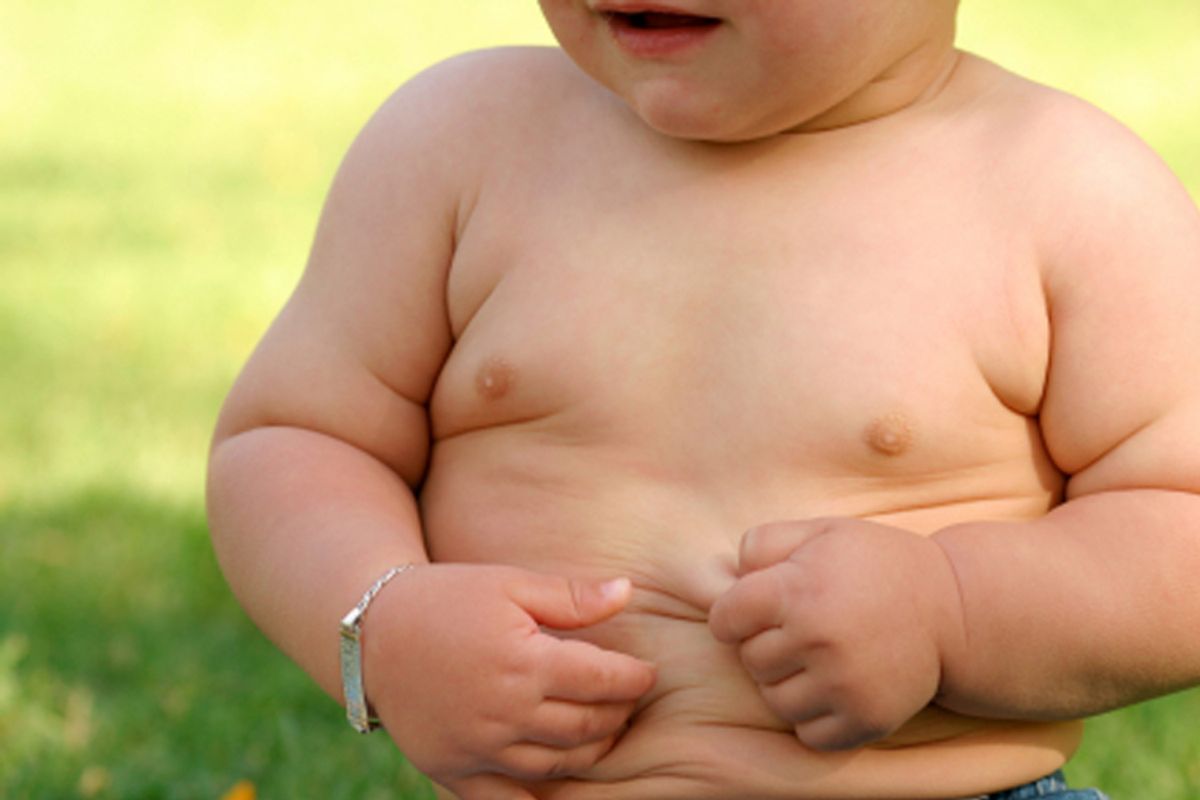Those who have grown up with a certain kind of doting parent have asked the question: "Do I look okay in this outfit?" That good-intentioned parent has likely responded, "Yes, but, of course, I think you look beautiful no matter what." A new study published in the journal Pediatrics has found that the same concept is true to an extreme: many parents can't tell if their child has become obese.
Researchers asked parents (mainly mothers) whether their child aged 6-11 was overweight, underweight or about the right weight in two periods: one group was asked from 1988-1994, and the other from 2005-2010. They found that overweight and obese children were less likely to be thought of as overweight in the latter set, compared with children of a similar weight in the former set.
Some say this trend could be because obesity has become somewhat of a cultural norm. In the UK website The Conversation, health psychologist Jane Ogden writes:
Fat children may be invisible to their parents not only because the weight gain has been gradual but because their point of reference has changed. The term "obesity" not only means excess body weight but it also implies disease, illness, difference and a "problem."
Since the prevalence of obesity has increased dramatically over the past 40 years, and as populations get fatter, the new normal has become overweight and therefore invisible. By comparison, fatter children are now thin. And as seats on aeroplanes, buses or in stadiums get wider and clothes get bigger, being obese is no longer a problem, particularly for children who may only experience symptoms in their later years. So if nearly everyone is obese then bizarrely no one is.
According to the Centers for Disease Control and Prevention, the percentage of U.S. children aged 6-11 who were obese grew from 7 percent in 1980 to nearly 18 percent in 2012. Obese children and adolescents are at a higher risk of developing high cholesterol or high blood pressure, prediabetes and bone and joint problems.

Shares